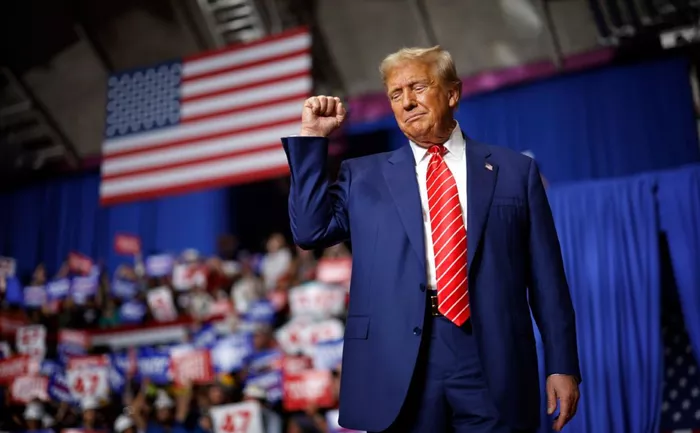President Donald Trump’s second inauguration in 2025 was marked by unprecedented fundraising, raising over $232 million — more than twice what he raised in 2017.
This massive sum came from wealthy individuals and corporations eager to gain political influence, using the inauguration as a platform to buy access to the new administration.
Unlike campaign donations, contributions to inaugural committees have no limits. This loophole allows big donors to give unlimited amounts, often including corporate money.
Previous presidents set self-imposed caps on donations, but Trump openly encouraged large contributions, even offering exclusive perks like “candlelight dinners” for million-dollar donors.
One of the largest donors was Pilgrim’s Pride Corporation, which gave $5 million. Shortly after, the company benefited from a government waiver that allowed it to keep higher production speeds, raising concerns about worker safety. Pilgrim’s parent company also gained approval to list on the New York Stock Exchange after years of trying.
The cryptocurrency industry was another major contributor, donating nearly $16 million. In return, Trump appointed a “crypto czar” and other crypto-friendly officials.
He also rolled back regulations and stopped enforcing securities laws against major crypto firms, benefiting the industry significantly. Exclusive events allowed wealthy crypto investors to meet top officials, sometimes paying over $1 million for the chance.
Tech companies and government contractors like Boeing also donated heavily, seeking favorable treatment amid upcoming legislative battles. Wealthy individuals hoping for government positions gave millions as well. For example, Warren Stephens donated $4 million on the same day he was nominated ambassador to the United Kingdom.
Beyond public donations, millions flowed through “dark money” groups—organizations that hide the true sources of their funds. These groups, often nonprofits or shell companies with vague names and fake addresses, allow donors to remain anonymous.
This secrecy raises concerns about hidden influence and corruption, as the public cannot see who is buying access.
The lack of transparency and spending limits makes inaugural committees vulnerable to abuse. Trump’s previous inaugural committee was accused of overpaying Trump-owned properties for event spaces, enriching him personally.
In 2025, some merchandise sales funneled money into Trump’s leadership PAC, which he has used for personal expenses like legal fees.
As elections grow costlier, transparency about who funds political events is crucial. Originally meant to celebrate peaceful power transfers, inaugural committees have become channels for big money and secret spending that drown out ordinary citizens’ voices.
To address this, lawmakers should support bills like the Protecting Our Democracy Act. This legislation would cap donations to inaugural committees and require timely disclosure of donors, helping restore transparency and accountability.
Groups like the Campaign Legal Center continue to monitor inaugural spending closely, pushing for reforms that stop wealthy interests from buying their way into the White House.
Related topics:


